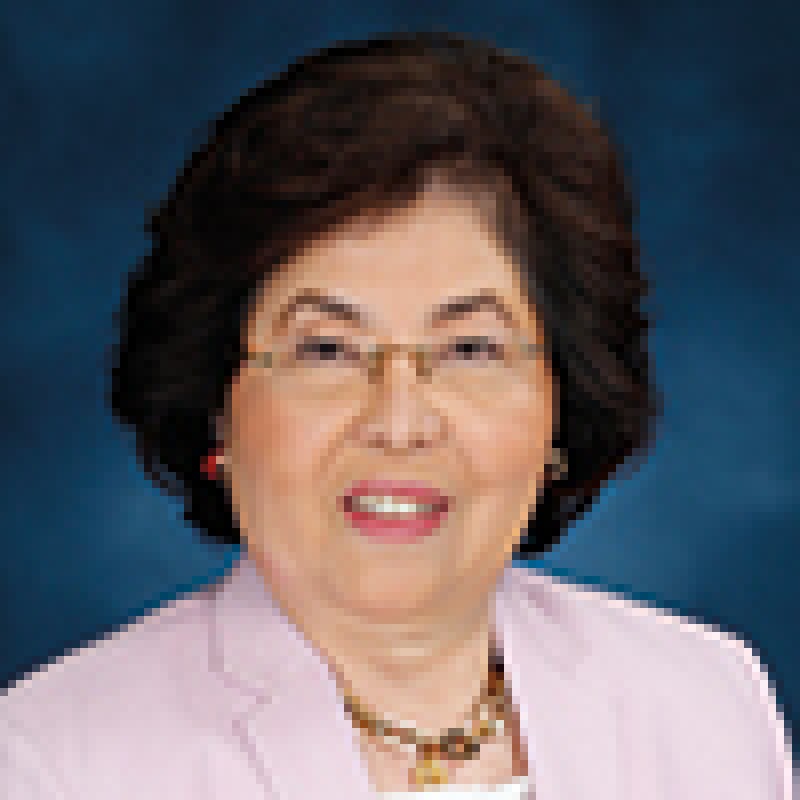On January 17 2018, the Intellectual Property Office of the Philippines issued its Guidelines on the Examination of Information Communications Technology (ICT) and Computer Implemented Inventions (CII), as a result of increasing demand for patent protection in these fields. In the past, patent examiners applied the general guidelines for patent examination, but difficulties encountered by patent examiners resulting in inconsistent decisions on patent grants and refusals necessitated the issuance of separate examination guidelines. These guidelines do not have the force of law but are meant to assist the examiners in determining whether the claimed inventions comply with the substantive law (Sections 21 and 22 of the Intellectual Property Code of the Philippines (IP Code) and its Implementing Rules 201 and 202).
ICT refers to all electronic means to access, create, collect, store, process, receive, transmit, present and disseminate information. CII are inventions involving computers, computer networks or other programmable apparatus where prima facie one or more of the features are realised by means of a program or programs. The guidelines apply to the examination of patent applications for inventions in the ICT field such as information systems, communication systems, telecommunications, radio communications, computer implemented systems, software related systems, data mining systems, computer information networking systems, computer operating systems, embedded systems, data warehousing systems, network and data security systems, multimedia design systems, content delivery systems, digital broadcasting, graphic representation devices, website development platforms, application development platforms, system development platforms, cloud computing infrastructure, ubiquitous computing frameworks, mobile computing systems, internet of things (IoT) infrastructure, virtual infrastructure, electronic commerce systems, electronic services systems, electronic workflow frameworks, object modelling systems, image or video processing systems, photonics systems, machine learning systems, artificial intelligence systems, distributed systems, robotic systems, sensing devices and big media modelling systems.
Section 21 of the IP Code defines an invention capable of being patented as any technical solution to a problem in any new field of human activity which involves an inventive step and is industrially applicable, and may be or may relate to a product, a process or an improvement thereof. Section 22 lists inventions that are non-patentable, and those which relate to ICT and CII are further explained in Rule 202. Under this rule, the following are excluded from patent protection:
a) discoveries, scientific theories, mathematical methods, a law of nature, a scientific truth or knowledge of such;
b) abstract ideas or theories, fundamental concepts, apart from the means or processes for carrying out the concepts to produce a technical effect;
c) schemes, rules, and methods for performing mental acts and playing games;
d) method of doing business, such as a method or system for transacting business without the technical means for carrying out the method or system;
e) programs for computers.

|
Editha R Hechanova |
Hechanova & Co., Inc.
Salustiana D. Ty Tower
104 Paseo de Roxas Avenue
Makati City 1229, Philippines
Tel: (63) 2 812-6561
Fax: (63) 2 888-4290










